5 Spicy Secrets Behind the Irresistible Quesabirria Taco (You Won’t Believe #3!)
The Quesabirria Taco — a name that might sound like a secret agent mission, but it’s actually one of the most flavor-packed street food experiences on the planet. Originating from Jalisco, Mexico, this taco is a perfect storm of juicy meat, gooey cheese, and spices that’ll make your taste buds dance the salsa. So whether you're a spice lover or just taco-curious, here are five sizzling secrets behind this culinary legend.
Table of Contents
- Spice Profile Breakdown: What Makes It Unique?
- The Anatomy of a Quesabirria Taco
- Top 5 Spice Combos That Will Change Your Taco Game
- Homemade vs. Street Vendor: Who Wins the Spicy Showdown?
- Global Twists on a Mexican Classic
- Pro Tips for Making the Perfect Quesabirria at Home
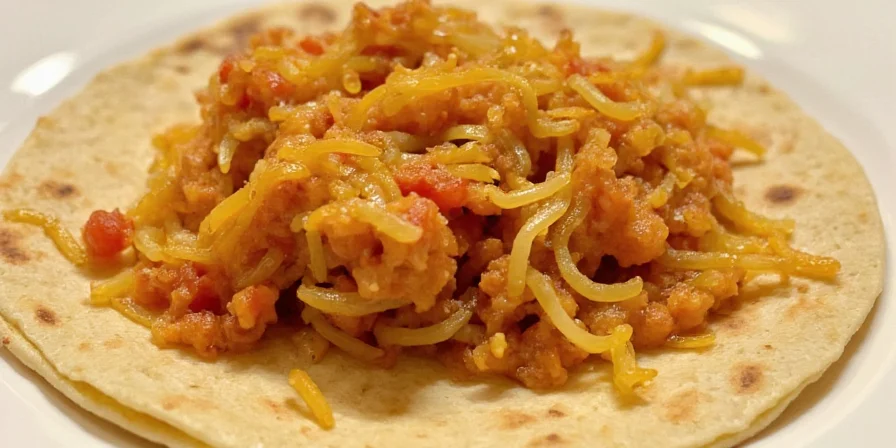
Spice Profile Breakdown: What Makes It Unique?
If there’s one thing that makes the quesabirria taco stand out from the taco crowd, it’s the unique blend of spices used in its preparation. This isn’t your average cumin-and-paprika affair — we’re talking deep, earthy, slightly sweet, and mildly fiery flavors.
| Spice | Flavor Contribution | Common Substitutes |
|---|---|---|
| Achiote | Rich, earthy base with a subtle peppery kick | Paprika + a pinch of cayenne |
| Cumin | Smoky warmth that complements beef beautifully | Fennel seeds (toasted and ground) |
| Oregano | Herbaceous note that balances richness | Thyme or marjoram |
| Garlic powder | Onion-like depth without overpowering | Fresh garlic (use sparingly) |
| Dried Guajillo Chilies | Berry-like heat with a hint of smokiness | Ancho or pasilla chilies |
The secret? The spices are often blended into a paste and slathered onto the meat before slow cooking. This allows the flavors to penetrate deeply, giving the final dish a complex, layered flavor profile.
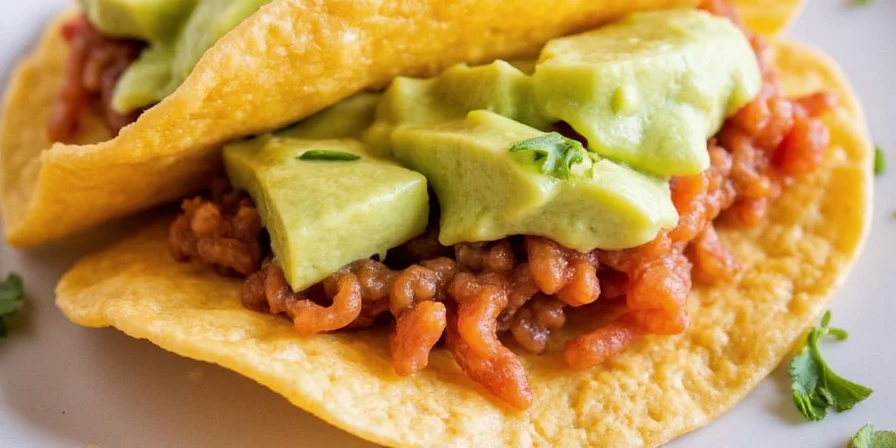
The Anatomy of a Quesabirria Taco
Let’s break down the layers of this flavor bomb:
- Meat: Typically beef (usually chuck or short rib), slow-cooked until tender and infused with the signature spice blend.
- Marinade: A mix of spices, vinegar, and sometimes tomato paste or dried chilies that creates a rich, red sauce.
- Cheese: Melted over the tortilla before adding the meat, creating that crispy, cheesy shell when toasted.
- Tortilla: Corn tortillas are traditional, though some modern variations use flour for extra stretch and texture.
- Serving Style: Often dipped in a side broth made from the cooking juices — yes, even the juice gets a spotlight!
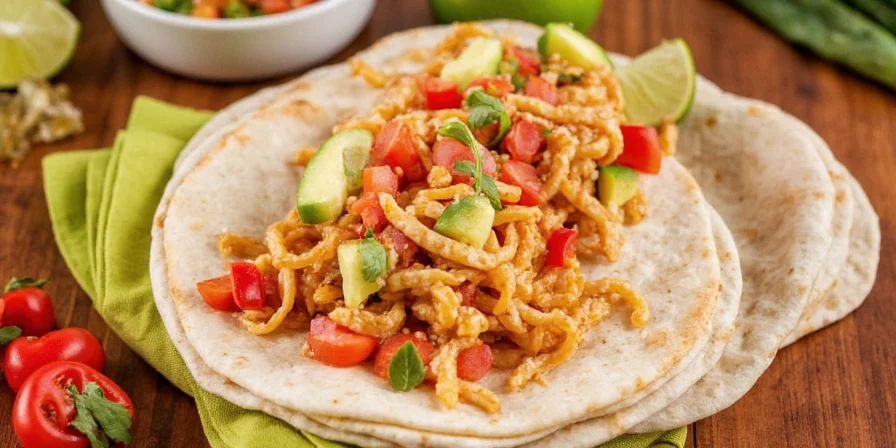
Top 5 Spice Combos That Will Change Your Taco Game
If you’re ready to get experimental, try these flavor-forward spice combinations that go beyond the traditional:
- Morita & Mango Magic: Swap out guajillo for morita chilies and add a dash of mango powder for a tropical twist.
- Smoky Chipotle & Maple: For those who love sweet heat, a tiny bit of maple syrup and chipotle powder creates a barbecue vibe.
- Lime & Coriander: Brighten up your marinade with lime zest and coriander for a citrusy contrast.
- Indian Fusion: Add garam masala and turmeric for an Indo-Mexican crossover that surprises everyone at dinner.
- Korean BBQ Hack: Use gochujang paste mixed with cumin and sesame oil for a Korean-style quesabirria — yes, it works!
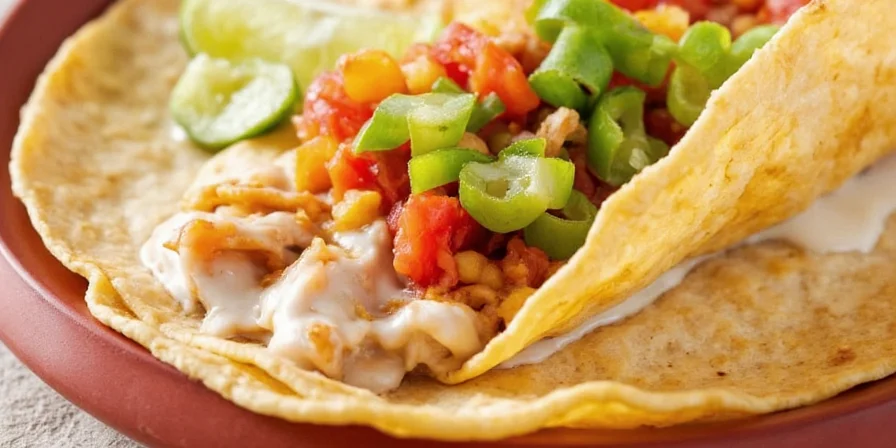
Homemade vs. Street Vendor: Who Wins the Spicy Showdown?
We put two versions of the same taco to the test: homemade versus street vendor. Here’s how they stacked up:
| Category | Homemade | Street Vendor |
|---|---|---|
| Control Over Spice Level | ✅ You decide how hot it gets | ❌ Pre-seasoned — can be too mild or overly spicy |
| Authenticity | ✅ If you use the right spices | ✅ Often family recipes passed down generations |
| Convenience | ❌ Takes time and prep | ✅ Instant gratification |
| Price | ✅ Bulk ingredients = cheaper long-term | ❌ Can add up quickly if eating regularly |
Ultimately, both have their strengths. If you're chasing authenticity and convenience, hit the streets. But if you want full control over spice, flavor, and nutrition, roll up your sleeves and go DIY.
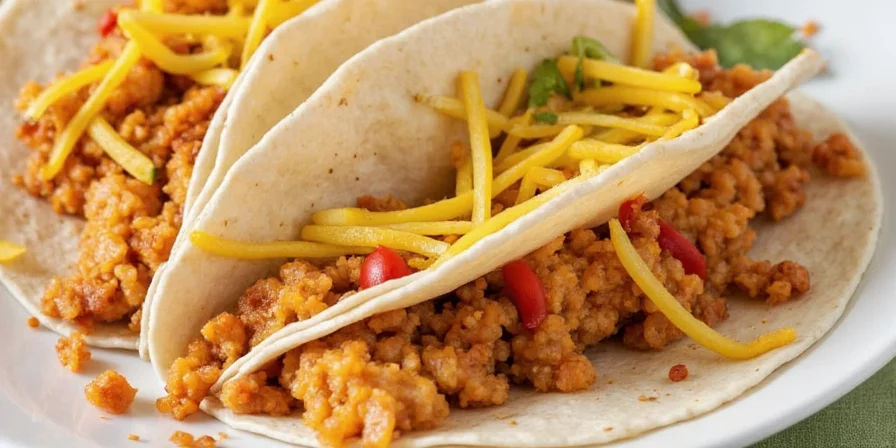
Global Twists on a Mexican Classic
The beauty of global spice traditions is how easily they adapt. Here are some creative reimaginings of the quesabirria taco around the world:
- Japanese-Inspired: Teriyaki-glazed beef with miso-infused cheese and nori flakes for crunch.
- Thai Fusion: Thai basil, lemongrass-spiked meat, and chili-lime dipping sauce instead of consommé.
- Italian Take: Parmesan-dusted tortillas, rosemary-marinated beef, and balsamic reduction drizzle.
- Middle Eastern Version: Sumac, za’atar, and tahini sauce for a tangy, savory experience.
- Tex-Mex Twist: Smoked brisket, pepper jack cheese, and chipotle ranch instead of consommé — because why not?
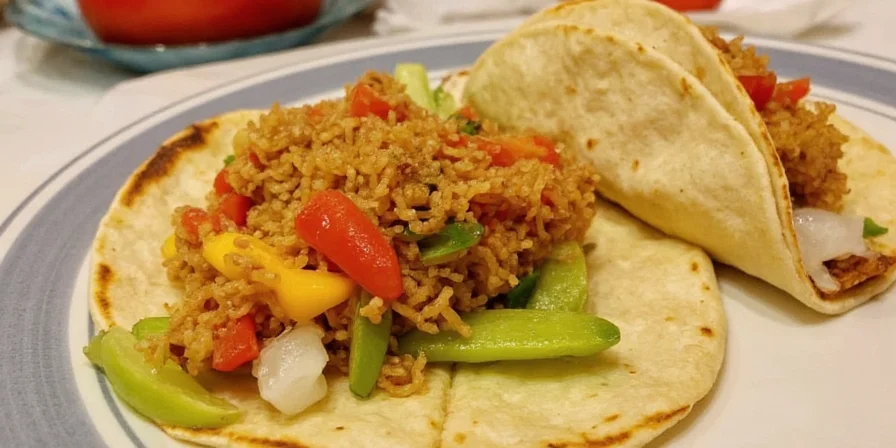
Pro Tips for Making the Perfect Quesabirria at Home
You don't need a food truck to create restaurant-level flavor. Follow these pro tips to nail your next quesabirria taco:
- Slow Cook for Maximum Flavor: Low and slow wins the race. Letting the beef simmer for several hours lets the spices meld together beautifully.
- Toast the Tortilla First: Warm your corn tortilla in a dry pan before adding cheese — it gives you that ideal crispiness.
- Use Real Cheese: No pre-shredded bags here. Fresh Oaxaca or mozzarella melts better and tastes way more authentic.
- Make Extra Consommé: Don’t skip the broth. Strain and season it lightly — it elevates the whole experience.
- Add Citrus at the End: A squeeze of lime or a sprinkle of orange zest brightens up the entire dish.
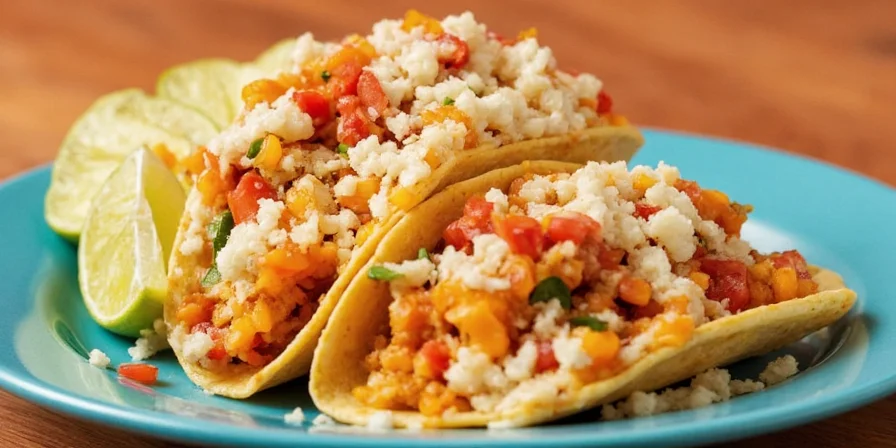
Conclusion
From its bold spice profile to its global adaptations, the quesabirria taco is more than just a meal — it’s a flavor adventure. Whether you're sticking to tradition or going wild with fusion flavors, the key lies in balancing spice, heat, and texture to create something unforgettable.
So grab your apron, stock up on achiote and guajillo, and start experimenting. Who knows — your version might be the next big taco trend!
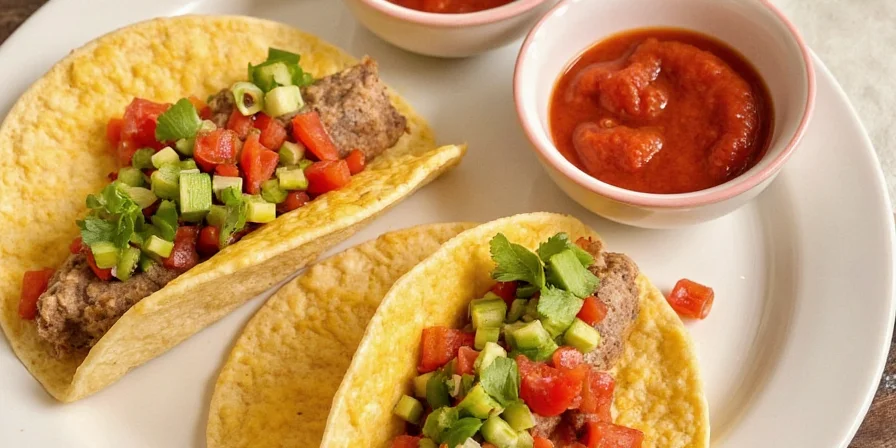

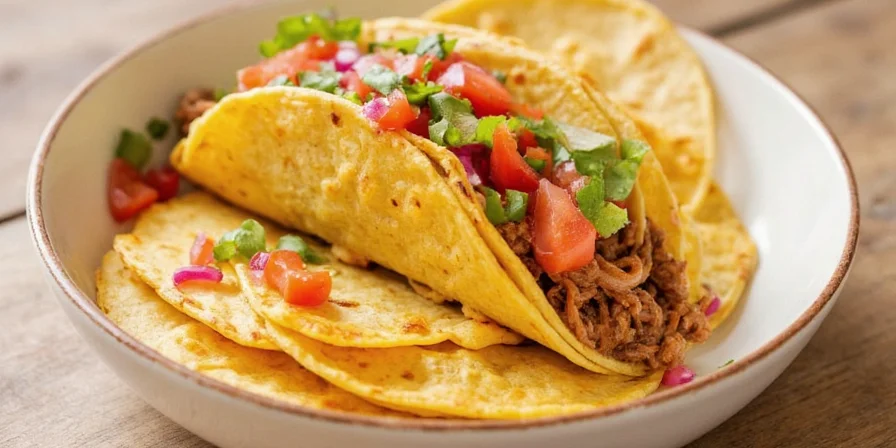









 浙公网安备
33010002000092号
浙公网安备
33010002000092号 浙B2-20120091-4
浙B2-20120091-4